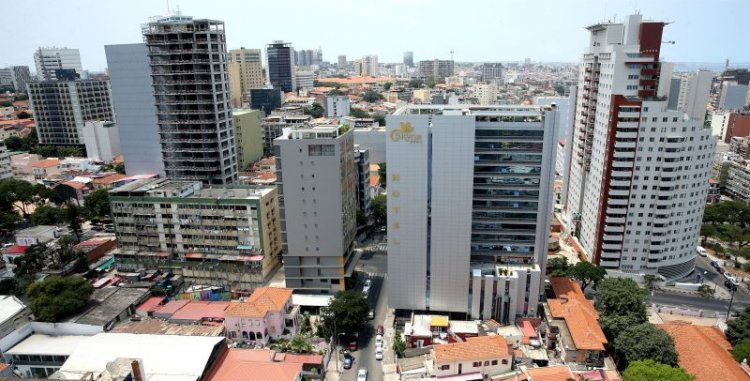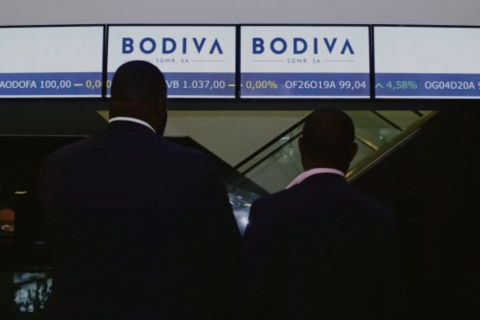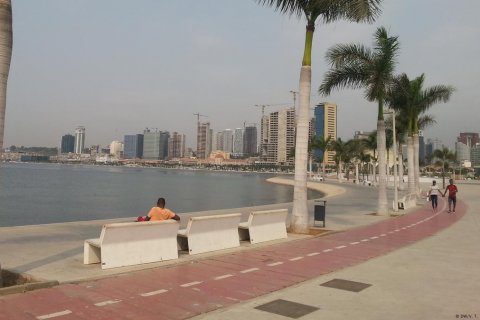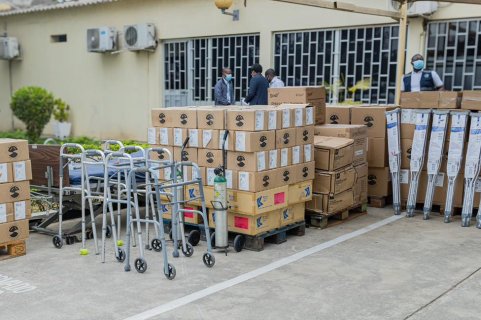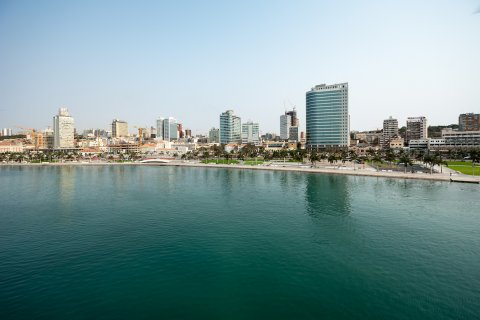"The country has a capital deficit and this problem has to be solved in order to have growth," says Cedesa, in an analysis to which Lusa had access, in which it defends short and medium term measures to combat the problem.
Thus, "this aspect has to be one of the guides of the future economic policy. We have to set a goal of raising the GFCF [Gross Fixed Capital Formation]/GDP [Gross Domestic Product] ratio to higher levels, possibly to the 25 percent or 26 percent that happened in 2007 or 2012, which ensured GDP growth levels - although based on oil - of 14 percent and 8 percent. Now, new capitalization not only based on oil has to take place," they add.
In this context, the group of academics believes that Angola needs to do more "in the short term, to increase investment" and economic growth.
Cedesa believes that the state should reinforce public investment, becoming an "inducer of investment and that the capital gains that arise from the rise in oil prices and any apprehensions in the fight against corruption should be applied in reproductive investments, with short-term results".
But, as "a good part of the savings obtained by Angolans in Angola was sent abroad, decapitalizing the country," Luanda should, in the first place, "sell the 'dormant' participations and patrimony, or in which there is no very relevant strategic interest, that it has abroad".
The result of this sale should allow the Angolan government to set up "an investment fund to be applied within Angola".
This scenario includes the participation of the state oil company Sonangol in Millennium BCP, which "should be sold and transformed into investment capital," Cedesa suggests, also mentioning the "indirect participation in Galp" as another example, "if it is not possible to reach a strategic agreement with the Amorim family [of Amorim Energia] to make the Angolan position more profitable".
Regarding the fight against corruption, Cedesa believes that it is necessary "to get out of a certain procrastination that we have entered into and boost the recovery of capital".
For the research center, the "government should directly approach those it calls 'marimbondos' and propose to them a negotiated solution to their situation: either they hand over the assets that are abroad for investment in Angola, or they will have to serve long prison sentences."
Then, "as long as market prices were acceptable, everything would be sold and the capital would return to Angola for investment according to a formula agreed upon by both parties," he argues.
"There will have to be a radicalization in both directions in the fight against corruption," with better "effectiveness in the punishment or in the forgiveness with repatriation" of funds, analysts say.
If this measure is taken, the group of academics suggests that "Isabel dos Santos' [daughter of former President José Eduardo dos Santos] stake in NOS [telecommunications company] could be sold, as well as General Kopelipa's [former head of the Angolan secret service] stake in the BIG bank and several hotel developments, the apartments that the former figures own in Estoril," among other assets.
As for the destination to be given to the result of these sales, Cedesa argues that the revenues would return to Angola where this capital "would be invested in terms to be agreed upon between the State and the former owners" of those assets.
In the medium term, the academics consider that the essential thing would be "not to have rampant corruption, to create good communication infrastructures, an investor-friendly legal apparatus, and fast and non-corrupt courts".
A strategy to stimulate private and foreign investment in the country is another issue raised by Cedesa, which considers that the Luanda government "has not yet communicated with all the world amplification, the opening of Angola for business".

